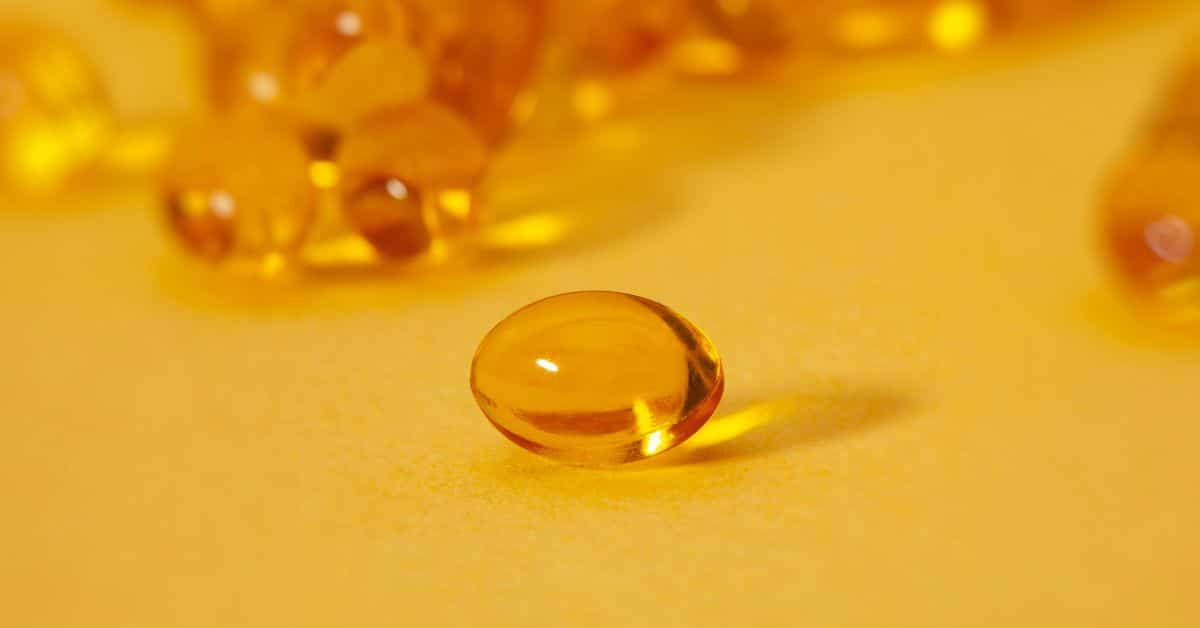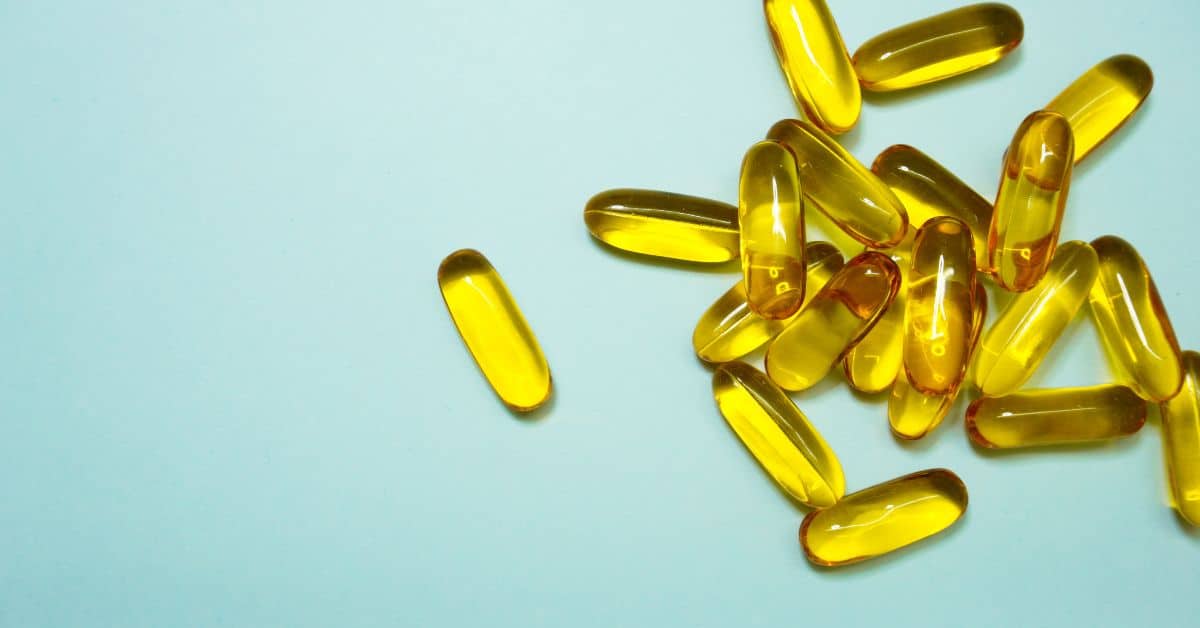Cats must get enough vitamin D as a deficiency can cause problems. To function properly, muscles, nerves, and bones require vitamin D for calcium and phosphorus absorption. For better care of your cat, you must know how can you tell if a cat has vitamin d deficiency.
A cat’s muscles may not function normally when deficient in Vitamin D. Heart muscles are among the most susceptible. It is possible to die from congestive heart failure if you don’t get enough vitamin D.
Causes of vitamin D deficiency

Several causes can contribute to cat vitamin D deficiency, also known as hypovitaminosis D. Among them are:
- An insufficient intake of vitamin D. Cats fed homemade diets are especially susceptible to this.
- Not enough sun exposure. Cats benefit less from this source of vitamin D than people do.
- Vitamin D absorption disorders.
- Problems related to vitamin D conversion.
Signs of vitamin D deficiency
Deficient levels of vitamin D have been linked to cancer, heart disease, kidney disease, infection, inflammatory bowel disease, rickets, and possibly feline teeth problems.
Cats deficient in vitamin D, suffer from heart failure, muscle weakness, muscle pain, hair loss, bone pain, slow wound healing, fatigue, and lethargy.
In dogs, heart failure is the most common sign of vitamin D deficiency. When the heart isn’t functioning properly, it can lead to lethargy, coughing, weakness, exercise intolerance, and weight loss.
Diagnosis and treatment
Your veterinarian will examine your pet thoroughly, paying particular attention to the heart and bones. A blood test, history, and clinical findings will determine your pet’s condition.
A deficiency will be treated based on the underlying causes. Vitamin D deficiency is caused by disorders that prevent vitamin D absorption or interfere with its metabolic conversion.
Cats are not considered to be dependent on UVB rays from the sun for their Vitamin D needs. Perhaps this is because their hair coat prevents absorption of ultraviolet light.
In many cases, high-quality cat food is fed to increase vitamin D intake from the diet. Vitamin D is found in foods such as herring, salmon, mackerel, liver, egg yolks, beef, and dairy products.
Prevention
High-quality cat food, frequent blood testing, and providing vitamin D supplements are the best ways to prevent Vitamin D Deficiency in cats.
Commercial cat food products usually contain a sufficient amount of vitamin D; however, a veterinarian with board certification in veterinary nutrition should be consulted if you intend to feed a home-prepared diet to your cat. This will ensure the proper nutrients are obtained for the cat’s optimal health. A multivitamin supplement formulated for cats provides nutrients at appropriate levels for cats if you’re concerned they won’t be getting enough vitamin D through their diet alone.
Currently, only a limited amount of data on vitamin D deficiency in cats is available. Veterinarians need to do more research to understand the effects of Vitamin D Deficiency in cats.
Make sure to feed your pets a balanced and nutritious meal to avoid health concerns.

Conclusion
Vitamin D is essential for the health of cats. It’s a fat-soluble vitamin that must be supplemented in the diet because cats cannot produce enough vitamin D in their bodies. Not ingesting enough vitamin D can lead to serious health problems.
